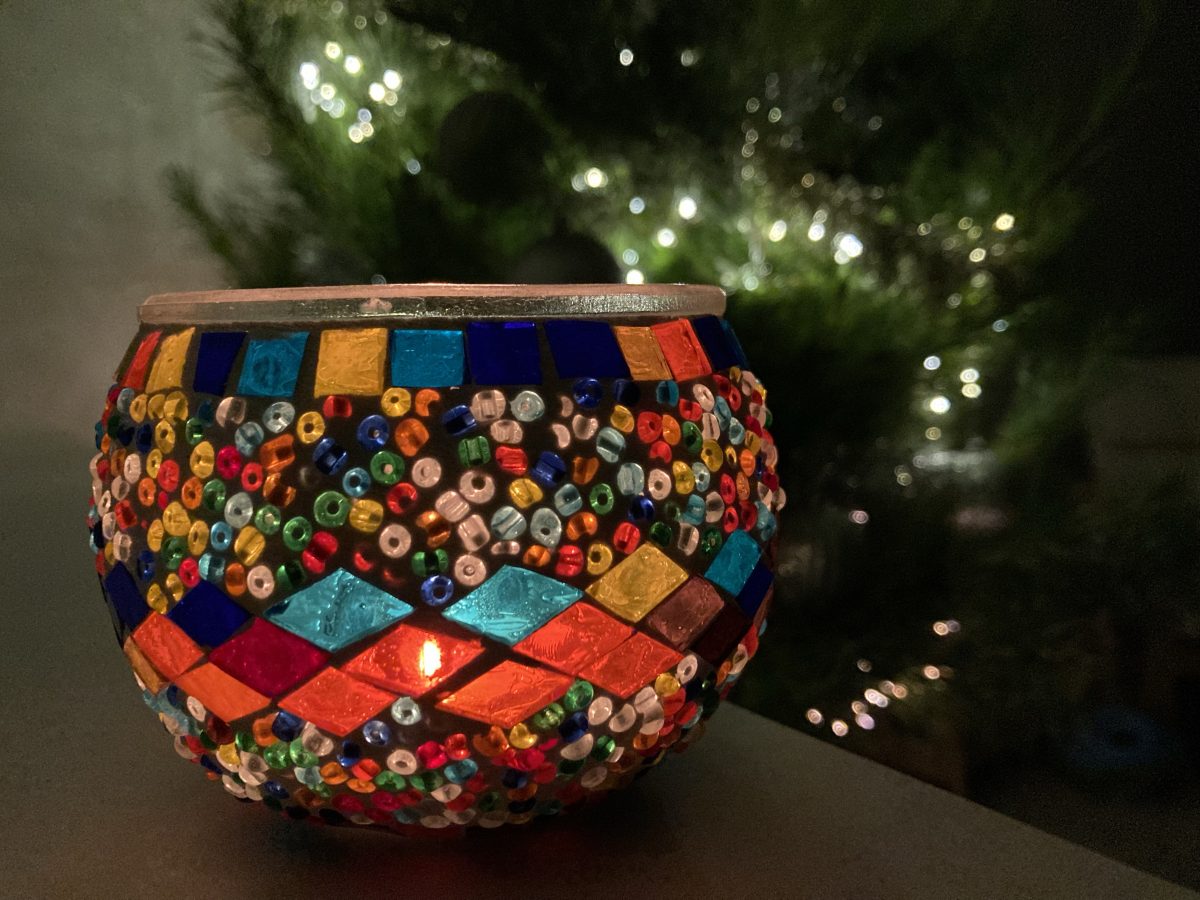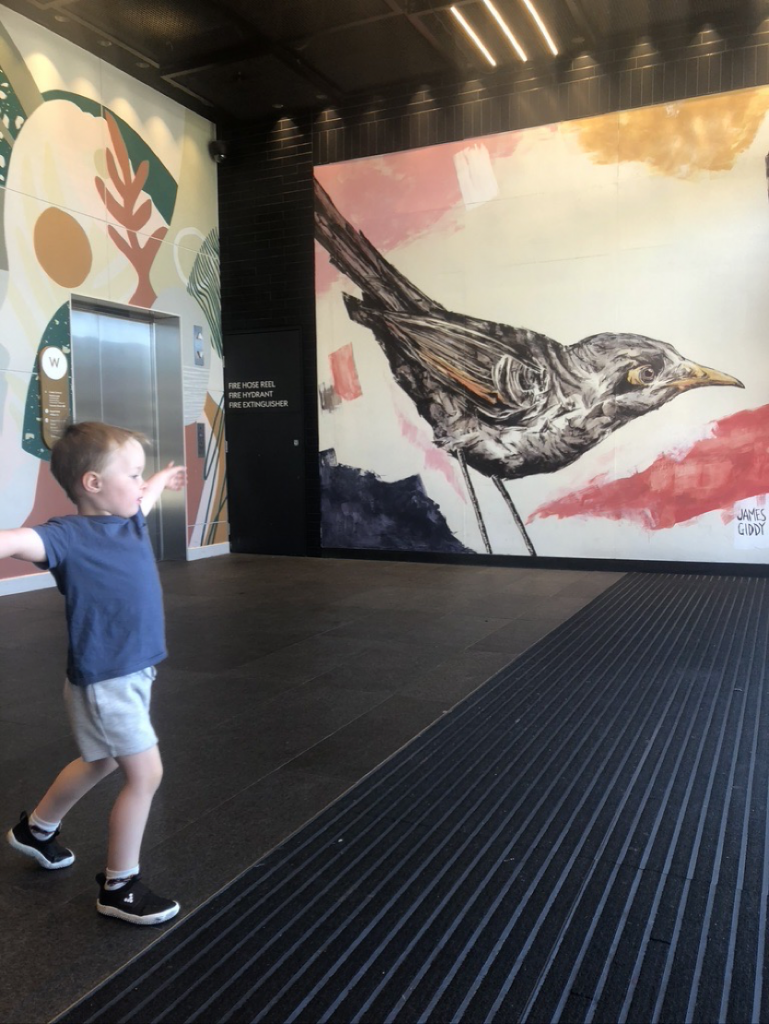God, for whom and through whom everything was made, chose to bring many children into glory. And it was only right that he should make Jesus, through his suffering, a perfect leader, fit to bring them into their salvation.
Hebrews 2:10
Everything we see and hear and touch, all of the universe, all of creation, was made. This is one of the starting beliefs of Christianity: that there is a creator. A person behind it all, a person who had a reason to create. It’s not just matter. It’s not just energy. It’s not just existence.
The universe is personal.
“Through whom” is about the craftsmanship. That God is involved in the making of every water-drop, every flower, every person, every galaxy. To quote a church song from my teenage years: “is everything I know marked with my maker’s fingerprints?”
“For whom” is about the intent and the reason. God wanted this universe, and God wanted us in it. That’s our chosen starting point for the big life question: “why are we here?” We’re here because God wanted us, so God created us.
And the intent here is to bring many children – that’s us – into glory. It’s hard to even imagine what this is supposed to mean. The word “glory” here is the same Greek word “doxa” that is used again and again when Jesus talks about “returning in glory“, when Paul is “blinded by the intense light“, when Jesus talks about not needing the approval of the religious leaders, or when he gives examples about the seat of honour at special occasions. Whatever it means, God intends to make us stand out, make something bright and radiant, something honoured, something glorious, out of our lives.
It’s an incredible starting point, that imbues all of life with meaning and purpose and worth and hope.
But we all know life doesn’t actually look like that.
It’s far more messed up.
You know that. I know that.
These grand theological statements just don’t match the experience of our lives. Yes of course there’s joy and radiance… at times. But there’s just as much drudgery, or cruelty, or outright suffering. We feel heartbreak over separation, heartbreak over death, and we live in fear of both of these. We feel shame. We feel loneliness. We know life has suffering, and we know the suffering.
And with that, the writer of this letter to the Hebrews brings us back to Jesus. They promise Jesus is the leader who brings us into salvation, leading from this life to the promised life – from the suffering to the glory.
And while you know and I know that life doesn’t look like the promise being laid out, the writer knows it too, acknowledging that “we have not yet seen” the promise.
They know there is suffering, and they drive home this point: Jesus knew suffering too.
He didn’t just know about suffering. It’s not even that he knows about our suffering and sees us. It’s that he suffered.
Like we do. More, even.
…
So, when I originally thought I’d write a post on these verses, I imagined narrowing in on the idea that it’s through suffering you become a perfect leader. And there’s truth in that… but the more I meditate on this part of the letter to the Hebrews, the more I realise that’s not the truth the writer is trying to get across.
You see, I think Christianity is more about following than about leading. So the thing I’m finding myself focusing on is not me and my leadership… it’s Jesus and his leadership. Because I’m planning to follow him.
And while his path started in a place of honour and privilege – the son of God! – he then became human, deliberately made his home and found his community among those who lived in suffering. Not as a visitor, not as a rescuer, but as one of us. He embraced that, even to death, and through that was lifted back up to the kind of glorious life we talked about. And that is pretty much the story told in our earliest hymn and creed.
If that’s his path, and we’re following him through it, then it’s something worth meditating on.
What we do see is Jesus… because he suffered death for us, he is now “crowned with glory and honor.” Yes, by God’s grace, Jesus tasted death for everyone.
…
Because God’s children are human beings—made of flesh and blood—the Son also became flesh and blood. For only as a human being could he die, and only by dying could he break the power of the devil, who had the power of death.
…
Therefore, it was necessary for him to be made in every respect like us, his brothers and sisters, so that he could be our merciful and faithful High Priest before God.
…
Since he himself has gone through suffering and testing, he is able to help us when we are being tested.
Hebrews 2 (excerpts)




